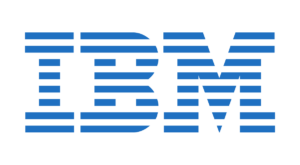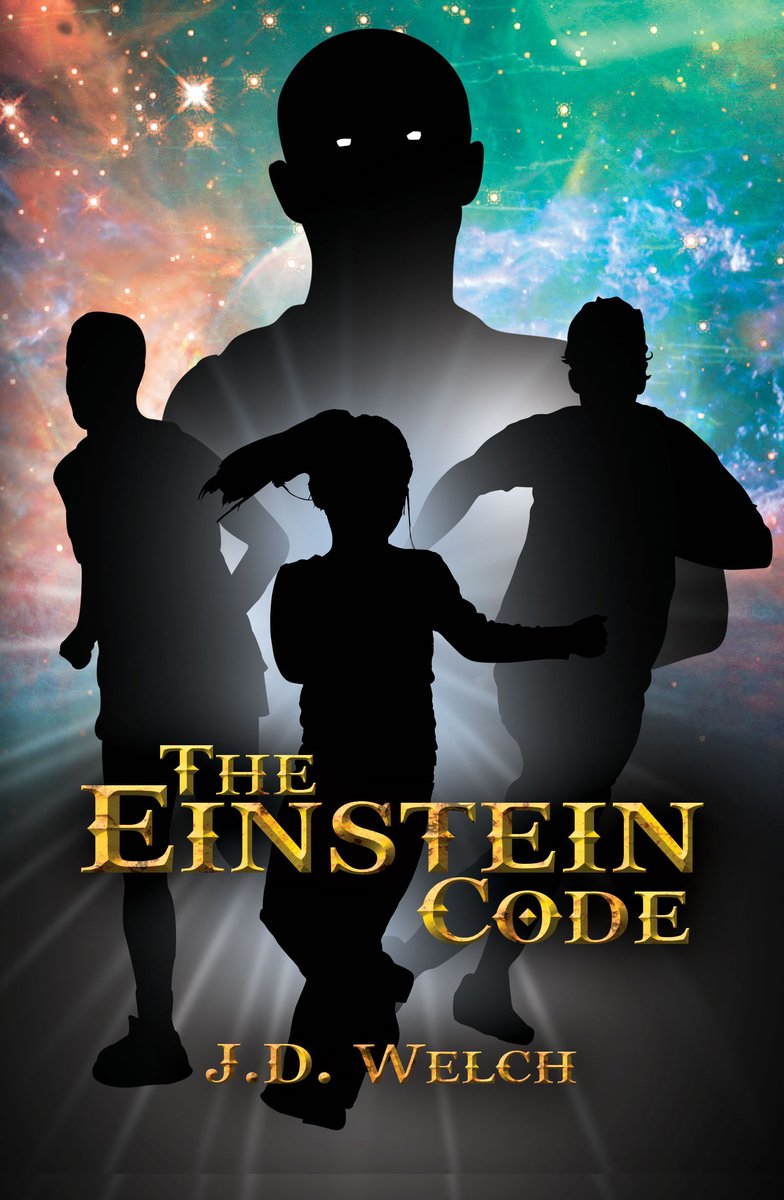Lesson 1, the Caesar shift cipher and pattern detection
The simplest cipher, but a great introduction to both the implementation and cracking of a code.
Powerpoint slidesLesson 2, frequency analysis
Cracking substitution ciphers depends on finding hidden patterns in the text. Frequency analysis is your friend and is where the mathematics begins.
Powerpoint slidesLesson 3, the affine shift cipher
This is an introduction to modular arithmetic and builds on the first two lessons.
Powerpoint slidesLesson 4, breaking the affine shift cipher using modular inverses
A look at the mathematics behind the cipher, how to solve equations in modular arithmetic, and how that helps us break the affine shift cipher using inverses in modular arithmetic.
Powerpoint slidesLesson 5, the keyword cipher
Examines how to implement a much richer family of field ciphers based on an agreed keyword, and considers how to crack one in which the word structure is given, using cribs.
Powerpoint slidesLesson 6, cracking a keyword cipher using frequency analysis and cribs
This lesson takes what we know about frequency analysis and cribs and uses it to crack a much harder example of a keyword cipher in which the word structure is hidden.
Powerpoint slidesSimon Singh's Black Chamber
A rich technical resource for beginnersOn the state of being stuck
Ben Orlin muses (with Andrew Wiles!) on the natural state of a mathematicianHow to crack Challenge 10B of The Kompromat Files
Show me!Programming for cryptologists, 101
A fantastic short introduction to programming for beginners interested in using computers to break codes and ciphers.
Julian Bhardwaj, long time participant in the National Cipher Challenge and finalist in the UK Cyber Security Championship, wrote these notes and kindly offered them to us.
Download programming guide
Careers
There is a rich a variety of careers for mathematicians in just about every aspect of the economy. Here are a few that might appeal to you if you have enjoyed the Challenge
GCHQ have a number of technical roles which require strong mathematics skills, an enquiring m![]() ind and dedication. You can find out more about some of them here
ind and dedication. You can find out more about some of them here
 IBM run a GAP year program, and you can register your interest for that online by clicking on their logo here.
IBM run a GAP year program, and you can register your interest for that online by clicking on their logo here.
The Code trilogy

Our good friend Jo Welch has written some books that we think you might enjoy (with the third volume due out this Autumn!). Head over to Amazon to take a look and sign up on Twitter to follow her.
Codes and ciphers in the movies
A short introductionThe history of the National Cipher Challenge
Get a glimpse of what you missed, or remind yourself of adventures pastThe Lost Legion - National Cipher Challenge 2017
Last year's challengeHidden in plain sight
Frank Sidebottom: bordering on the indecipherable




